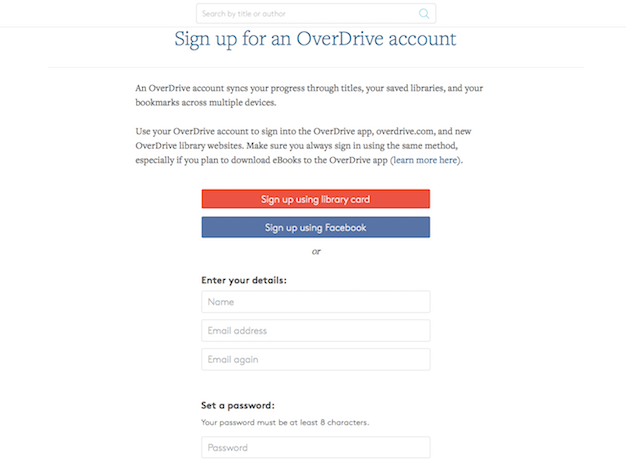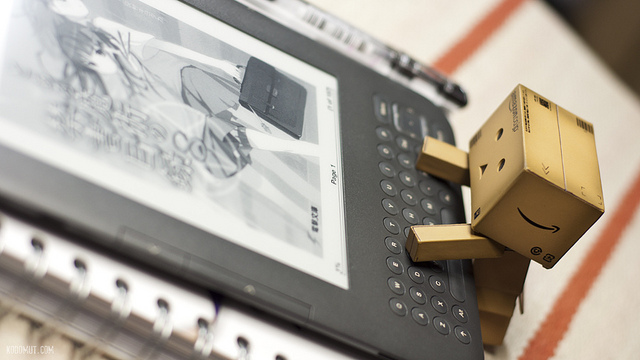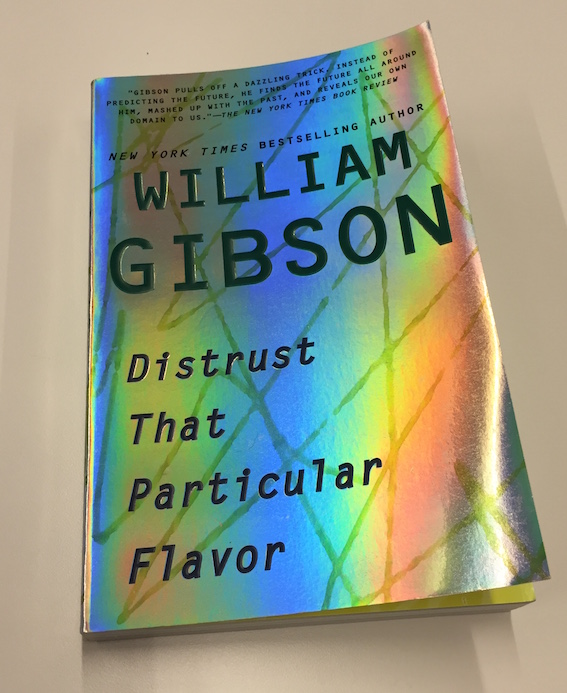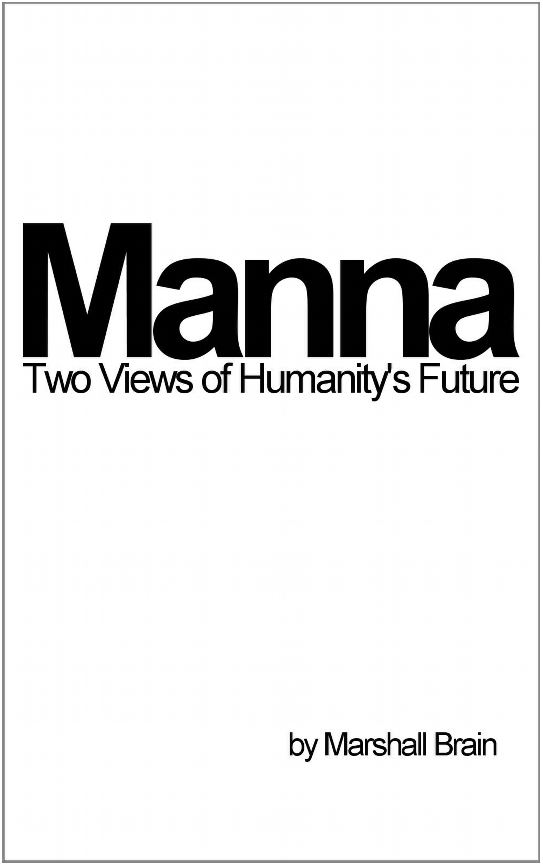The times they are a-changin'. Advances in technology have brought us the Internet, smartphones, the sharing economy, cryptocurrencies, and automation. Every day, people all around the world are uploading their thoughts, memories, preferences, beliefs, and history to social media websites, essentially creating "mindfiles" of themselves. Software engineers across the globe are working to create "mindware" that will combine this mindfile data with humanlike consciousnesses in computer software to create "cyberconsciousness". Within the next few decades, the combination of mindfiles and mindware will result in something called "mindclones", which will essentially be an extension of our own human consciousnesses. That is the premise of Virtually Human: The Promise—and the Peril—of Digital Immortality, and Martine Rothblatt goes into great detail about the societal implications of this technological innovation.
This is the sort of book that needs to be read multiple times to fully comprehend. I would definitely recommend it to others, but would caution them that it can be a bit slow to get into. For the first third of the book, I just wasn't hooked. But things definitely picked up and I became really interested in the discussion. It seems like Rothblatt has a deep understanding of where things are headed in the future, especially when it comes to artificial intelligence. Her arguments are well thought-out and thoroughly-researched, and definitely worth considering. If you have any interest in the concept of extending our consciousness past physical bodies and into the realm of computers, this is a must read.
4/5 stars. 350 pages.
















